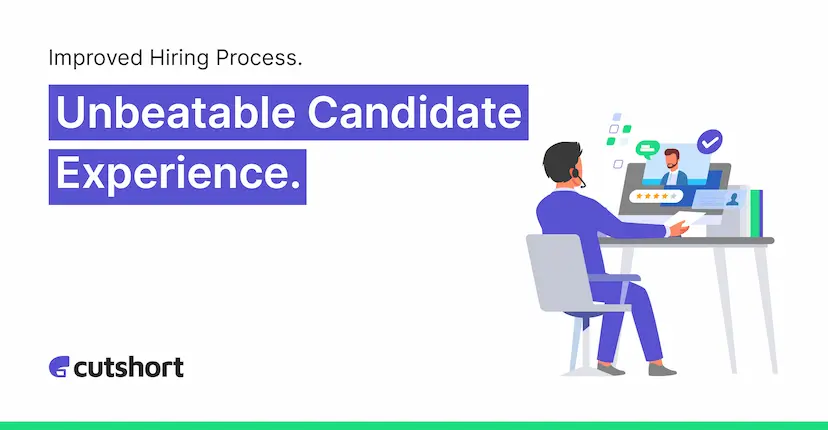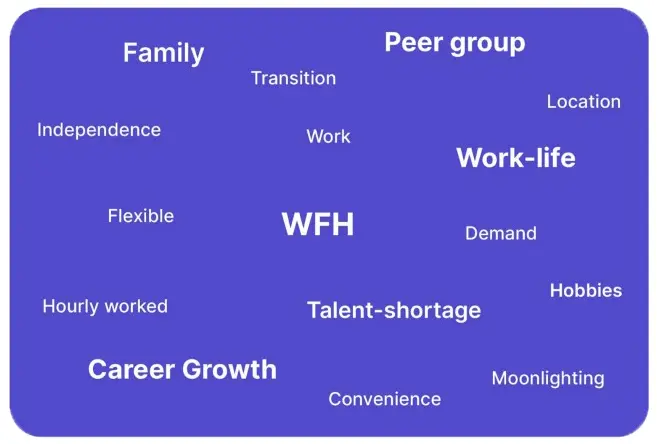Raising your first or second round of funding feels amazing. It validates that you are chasing a big opportunity that external investors find attractive.
Celebrate this achievement but don’t forget that your angel or seed round is just the first step. You promised a dream to the investors – now you got to execute it. You need to validate the key assumptions, build your product, get customers and build a repeatable business model. Phew, that’s a lot of work!
But instead of focusing on the above, it’s common to see many startups making these costly mistakes:
Reckless hiring
I know you need to hire marketers, sales and techies, and yeah, “data scientists” as well. And you also need designers and support folks. You’re also wondering if you should hire product managers and UX experts. (This happened to us – check a real conversation at our startup! )
But do you need to hire all of them immediately? Do you know what skills to look for given that you don’t exactly know what activities your startup will actually need to do to make things move? (read my blog post: before you start hiring).
Reckless hiring not only increases your burn rate but also makes you less agile and risks your company’s core culture.
Also read:
How to build the initial team at your startup?
How to give great feedback to interview candidates?
Overspending on the wrong things
With the money in the bank, there is a temptation to get a nicer office, have more employee perks, attend expensive events (e.g. WebSummit ), and so on.
The problem with these is not merely increased burn rate, but the distraction in your team. They add more fluff to your startup, but little substance.
Buying growth
With seed funding, founders need to show more growth to investors. This urgency triggers an easy reaction – choosing short-term methods such as buying ads, giving discounts, aggressive promotions, hiring a PR agency, and so on.
The growth metrics might start looking great, but overusing such short-term methods may delay your product-market fit. Are you sure customers will continue to pay in long term? Will your unit economics work out in long run?
Feeding a big ego
All those compliments from people can be intoxicating. Feel good about them, but don’t let them go to your head. You have not made it big yet.
And investors may have valued your startup at $3mn, but that’s just a futuristic notional value, based on the assumption that you will execute right. Today, in real $ value, it’s all worth probably $0.
Hope this helps a founder somewhere, sometime!





